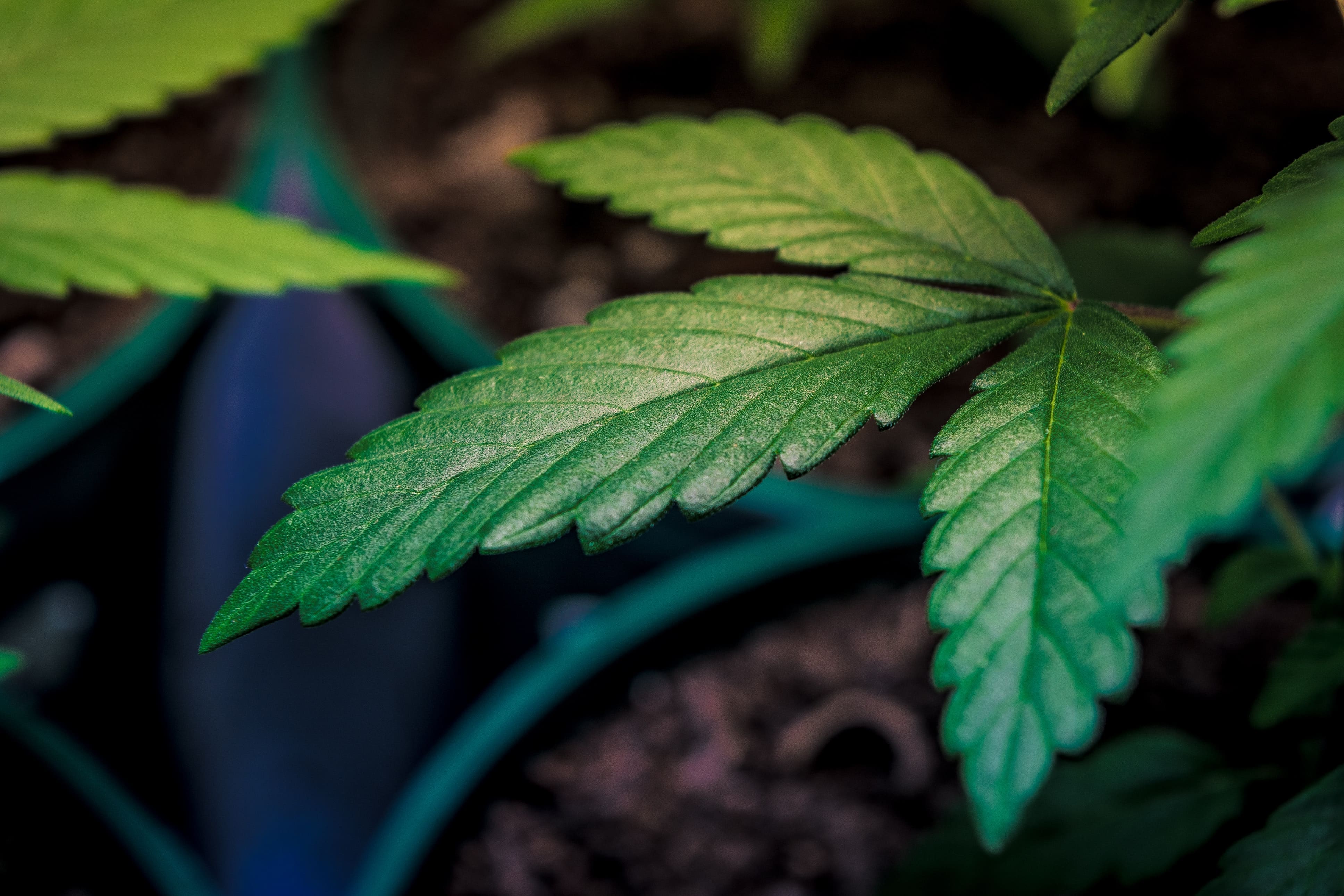Politics
Florida Bill To Cap Marijuana’s THC Potency Ahead Of Legalization Ballot Vote Is Dead For The Session

A Florida bill that sought to cap THC potency if voters approve a legalization initiative that could appear on the November ballot is effectively dead for the session, the GOP House sponsor says.
Similar versions of the legislation, which would have prohibited dispensary sales of adult-use cannabis flower with a potency of greater than 30 percent THC, advanced through committees in both chambers but are now presumed dead given time constraints.
The Senate measure moved through the Health Policy Committee earlier this month, but it was not placed on the Fiscal Policy Committee’s agenda for its final meeting of the 60-day session on Tuesday.
In addition to capping THC content at 30 percent for flower, all other cannabis products would be limited to 60 percent THC under the bill. It would have also set a serving size on edible products of 10 milligrams THC or less, with the total amount per package no more than 200 mg.
The House bill was separately approved in the Health and Human Services Committee this month. If it passed on the floor of that chamber, the Senate could theoretically take it up, as Florida Politics reported. But the measures are not identical and the sponsor, Rep. Ralph Massullo (R), says he believes it is now dead.
Senate President Kathleen Passidomo (R) also said she would’ve wanted any House-passed bills to move through the committee process in her chamber, but there aren’t any scheduled meetings planned where that could happen.
“I believe the product we crafted was sound,” Massullo told Politico, adding that he hopes the legislature will “take up similar policies” in the future if voters approve a legalization initiative in November that is now under review by the state Supreme Court fro potential ballot access.
Massullo’s legislation as introduced would have initially set a potency limit of 10 percent THC for flower cannabis, but that was raised to 30 percent during a subcommittee hearing.
Florida’s medical cannabis dosage limits, meanwhile,—which were revised under controversial rules adopted in 2022, despite pushback from then-Agriculture Commissioner Nikki Fried (D)—are not based on the percentage of THC in a given product.
While the legalization measure itself has not yet officially qualified for Florida’s November ballot, Gov. Ron DeSantis (R) recently predicted a favorable legal outcome for activists in the Supreme Court in the face of a challenge from the attorney general who is seeking to block the vote.
“I think the court is going to approve that,” the governor said at his final presidential campaign event in New Hampshire last month, “so it’ll be on the ballot.”
Florida Attorney General Ashley Moody (R) has asked the court to invalidate the measure, despite activists collecting nearly one million signatures for ballot placement. The state official previously successfully petitioned justices to prevent a 2022 legalization initiative from receiving voter consideration.
That won’t be the case this round, according to the governor. While he opposes the reform—and pledged not to federally decriminalize marijuana if elected president when he was running—he says voters will get a chance to decide on the issue this time.
—
Marijuana Moment is tracking more than 1,000 cannabis, psychedelics and drug policy bills in state legislatures and Congress this year. Patreon supporters pledging at least $25/month get access to our interactive maps, charts and hearing calendar so they don’t miss any developments.
![]()
Learn more about our marijuana bill tracker and become a supporter on Patreon to get access.
—
The state Supreme Court heard oral arguments in the case against the Smart and Safe Florida campaign last November, but it has not issued a ruling yet. It will need to do so by April 1.
DeSantis also weighed in on another relevant cannabis policy issue recently when he said that he doesn’t believe the federal gun ban for state-legal marijuana consumers is constitutional. Florida’s former agriculture commissioner brought a lawsuit against the Biden administration over the rule, though the governor did not get involved.
The Florida Chamber of Commerce released a poll recently showing that the reform proposal enjoys majority support from likely voters—but not quite enough to meet the state’s steep 60 percent threshold for passage.
That said, other previous polls have found that voters are well positioned to pass the legalization initiative with more than enough support. For example, the University of North Florida put out a survey that showed 67 percent of voters back the proposal.
The multi-state marijuana company Trulieve has contributed more than $40 million to the Smart and Safe Florida campaign to date. The state attorney general has accused the company of supporting the measure in order to have a “monopolistic stranglehold” on the state’s cannabis market.
Meanwhile, legislation to restrict consumable hemp products is also advancing in the Florida legislature.
Separately, a House subcommittee recently advanced a medical marijuana bill that would waive patient registration and renewal fees for service-disabled military veterans.
New Hampshire Senate And House Lawmakers Clash Over Marijuana Legalization Bill
Photo courtesy of WeedPornDaily.
















